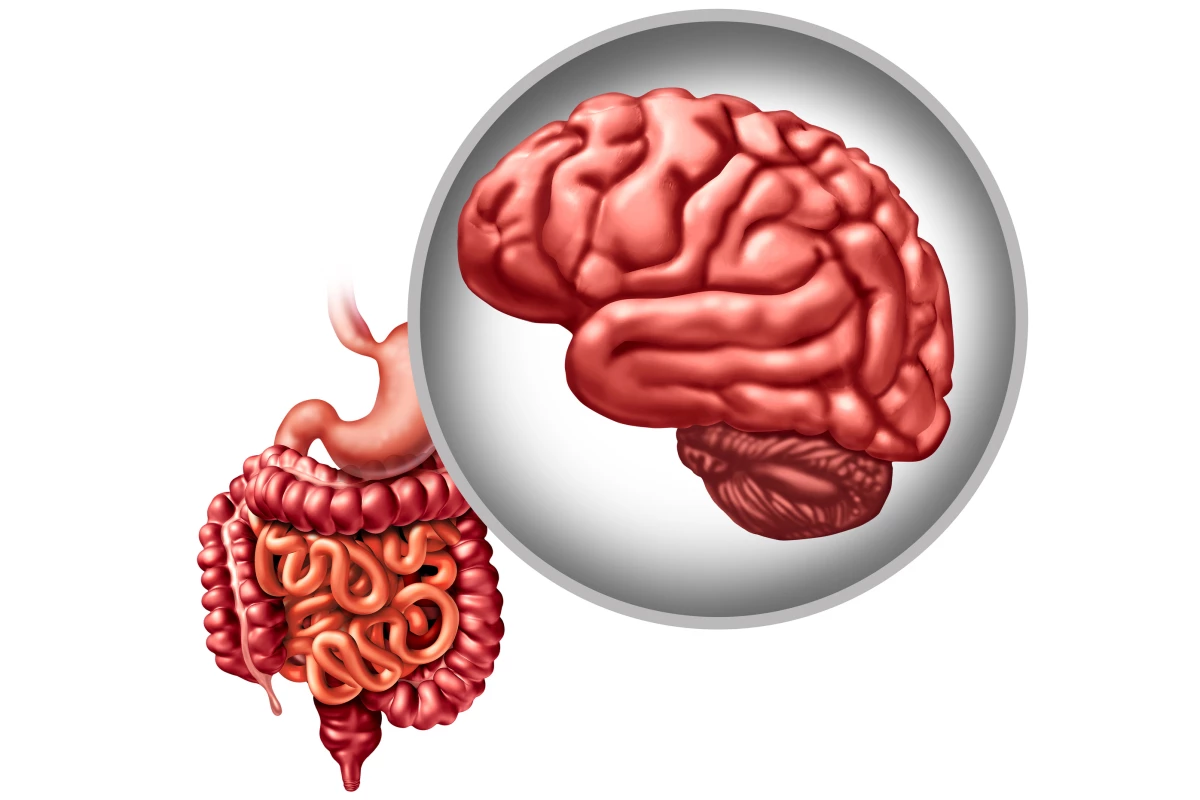Compelling new research is again pointing to the role of the microbiome and gut bacteria in the progression of Parkinson’s disease. A study published in the journal Cell Reports describes how a particular probiotic bacterium may have the ability to prevent the abnormal accumulation of a protein commonly associated with the neurological damage seen in the disease.
Parkinson's disease is characterized by the progressive cell death of the brain's dopamine-secreting neurons. It's believed to be caused by the aggregation of spherical misfolded clumps of the protein alpha-synuclein. These toxic protein aggregates are often referred to as Lewy bodies.
Over the last couple of decades some researchers have begun to find evidence suggesting Parkinson's may originate in the gut. The idea is known as the Braak hypothesis, and it posits that the damaging Lewy bodies could initially form in the gut, before spreading to the brain and generating the physiological symptoms we commonly see in Parkinson’s disease.
Inspired by this hypothesis, a team of researchers from the universities of Edinburgh and Dundee set out to investigate whether any particular gut bacteria species could inhibit, or even reverse, the accumulation of these damaging alpha-synuclein clumps.
The researchers examined the effect of a number of commonly available probiotics on alpha-synuclein aggregation in a species of roundworm previously found to be an effective animal model for Parkinson’s. One particular probiotic bacterium, called Bacillus subtilis, was found to be significantly effective in not only inhibiting alpha-synuclein aggregation but also reversing pre-formed accumulations.
Homing in on exactly how Bacillus subtilis was generating these effects revealed several novel mechanisms, including the release of certain bacterial metabolites and the formation of a biofilm in the worm’s gut.
The researchers do stress these results do not suggest Parkinson’s patients immediately go out and hunt down this particular probiotic. Further work is necessary to first verify these results in other animal models, before human studies can establish whether this mechanism produces clinically meaningful effects in human patients.
“The results provide an opportunity to investigate how changing the bacteria that make up our gut microbiome affects Parkinson’s,” explains Maria Doitsidou, lead researcher on the study. “The next steps are to confirm these results in mice, followed by fast-tracked clinical trials since the probiotic we tested is already commercially available.”
A probiotic, or diet-based, intervention to treat Parkinson’s disease is certainly a potential outcome from this novel research. However, an equally promising direction for future study is in exploring how these bacterial metabolites are able to prevent, or remove, Lewy bodies and whether drug therapies can be developed to amplify this process in humans.
The new study was published in the journal Cell Reports.
Source: Parkinson’s UK




